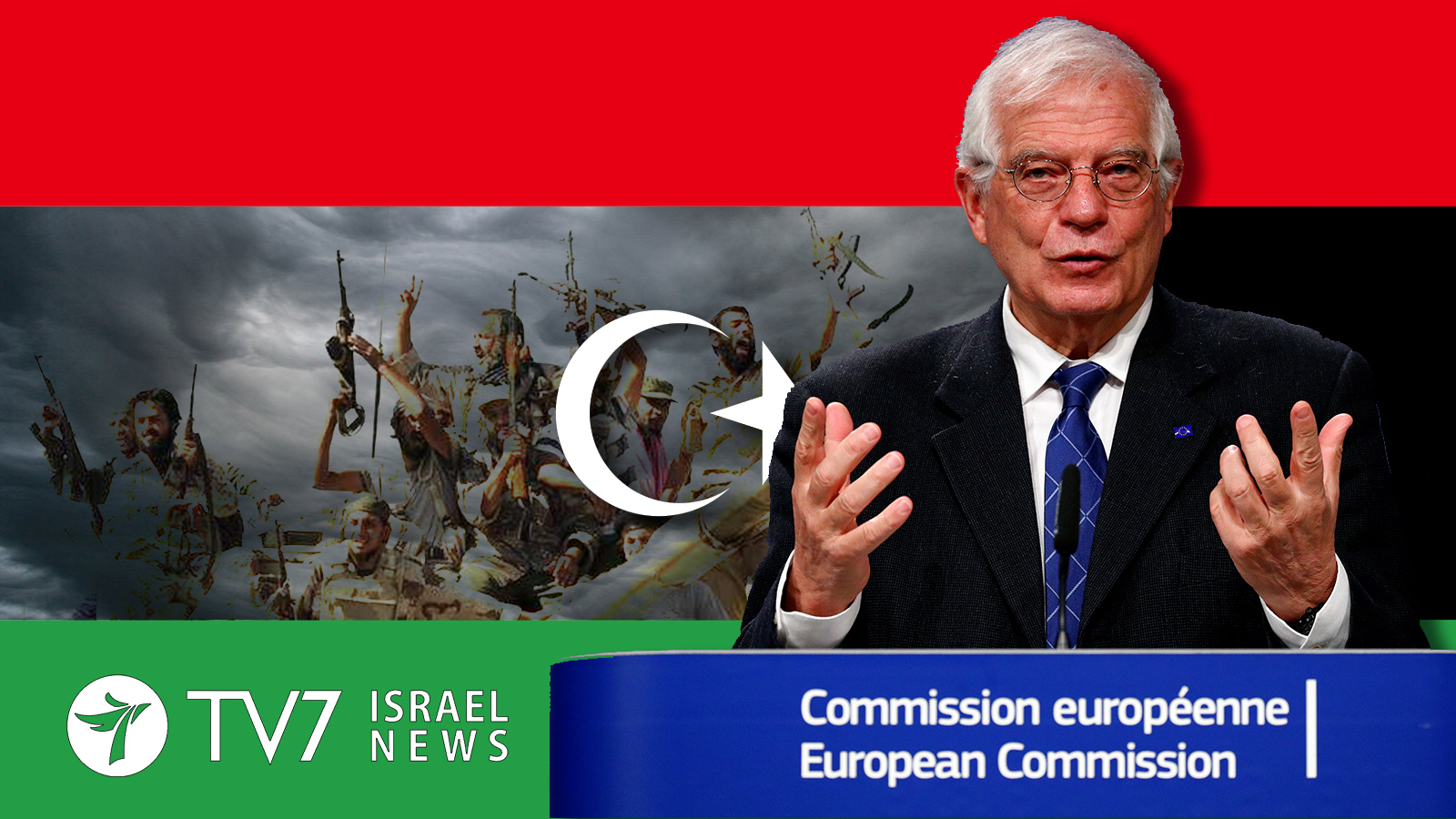As many of the world’s conflict areas observe a cessation of violence amid the coronavirus pandemic, Libya stands out as an exception as heavy fighting continues across the country.
Conflict in the the North African state escalated sharply this past month with fierce battle on many different fronts in the western sector, despite urgent calls from the United Nations, European Union and aid agencies for a ceasefire during with the health crisis could be confronted.
61 COVID-19 cases have been reported in Libya, and 2 deaths.
On Saturday, High Representative of the European Union Josep Borrell joined the Foreign Ministers of Germany, France and Italy in a call for all of Libya’s warring factions to implement a humanitarian truce and resume peace negotiations.
“We want to unite our voices to those of the U.N. Secretary-General (Antonio) Guterres and his Acting Special Representative for Libya, Stephanie Turco Williams, in their call for a humanitarian truce in Libya,” said the 25 April statement, signed by the EU’s Josep Borrell, France’s Jean-Yves Le Drian, Italy’s Luigi di Maio and Heiko Maas of Germany.
The statement added, “We call on all the Libyan actors to get inspired by the spirit of the Holy Ramadan, engage in resuming talks for a genuine ceasefire.”
World leaders met in Berlin in January to set a foundation for what they hoped was a viable platform to base a peace process. According to the UN’s Libyan Envoy Williams, the fresh wave of warfare has been fueled by arms imported from abroad.
The EU has launched a new naval and air mission in the eastern Mediterranean to prevent more weapons from reaching the combatants in Libya codenamed Operation Irini, but it is unable to patrol the land border with Egypt through which artillery is still being delivered.
There is increasing concern that ongoing fighting can spark not only greater regional instability but further swell the flow of migrants from the Middle East and Africa to the EU.
Libya has not had a stable central authority in nearly a decade, since the overthrow of dictator Muammar Gaddafi by NATO-backed rebels in 2011 during a revolution that evolved into what is known as the First Libyan Civil War. A separate, ongoing conflict referred to as the Second Libyan Civil War erupted in 2014, involving a competition for power between two rival governments with streets controlled by armed groups.
Fayez Mustafa al-Sarraj is the Chairman of the Presidential Council of Libya and Prime Minister of the Government of National Accord (GNA), which is headquartered in Tripoli and established in December 2015 as part of a United Nations-led political agreement. Sarraj signed two agreements with one of his main backers, Turkish President Recep Tayyip Erdogan, in November 2019; the first of which declared the two countries’ rights to set maritime boundaries in the Eastern Mediterranean, while the second secured Ankara’s military provision of troops, advisors and mercenary fighters to bolster the GNA’s armed forces.
The eastern-based Libyan National Army (LNA) commanded by General Khalifa Haftar has waged repeated assaults aimed at capturing the capital over the past year. At least 50% of the militias which make up the LNA are believed to be Madkhali Salafist, Sudanese, Chadian and Russian mercenaries; and it is supported internationally by Egypt and the United Arab Emirates.
